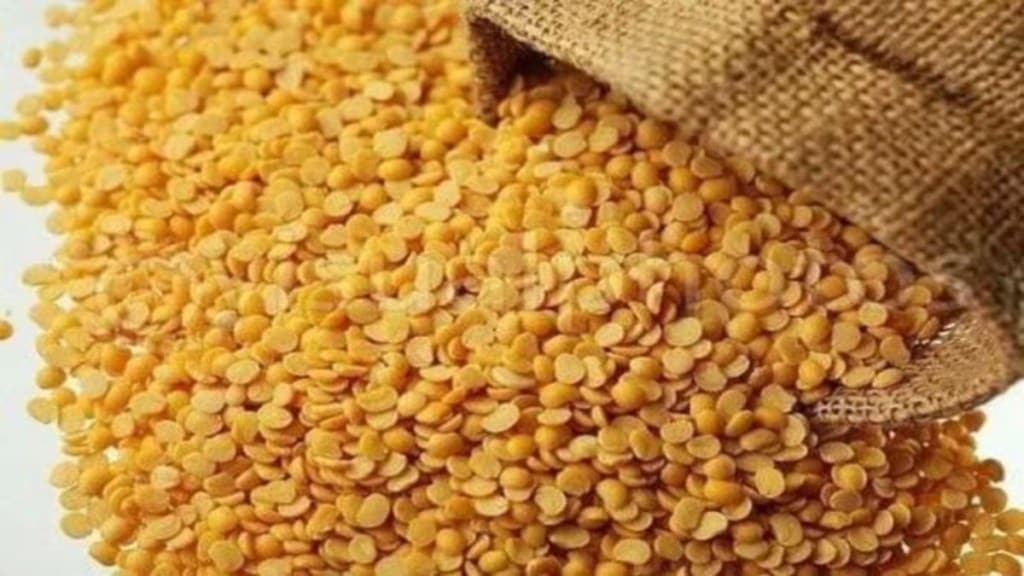After two years of elevated prices because of lower output, the government is expected to step up procurement of tur dal at minimum support price (MSP) to boost buffer and provide farmers with remunerative prices.
So far the agencies have purchased 12,335 tonne of tur under the price support scheme (PSS) of the agriculture ministry. The ministry has sanctioned purchase of 1.32 million tonne (MT) of tur in 2024-25 season under price support scheme (PSS) for pulses.
Officials said that the agencies – farmers cooperative Nafed and NCCF have commenced procurement of tur in Andhra Pradesh, Telangana, Karnataka and Maharashtra aiming to boost buffer which depleted to only 35,000 tonne against the norm of one MT. A chunk of these existing stocks were built up through imports.
Meanwhile, at Latur (Maharashtra), the hub of the country’s trade, the mandi prices of newly harvested tur dals are ruling at the level of the MSP of Rs 7550/quintal for 2024-25 season, while in the last two years due to drop in output, mandi prices were ruling in the range of Rs 9000 to Rs 10,000/quintal, substantially above MSP.
Officials said that because of decline in tur output prices were ruling atleast 30% above the MSP, which led to agencies falling to procure pulses variety in the last two years – 2022-23 and 2023-24 under PSS.
The retail tur prices which are currently ruling around Rs 160/kg are likely to fall in coming weeks with an expectation of bumper harvest of above 4 MT in 2024-25 crop year (July-June).
However, the agriculture ministry in its first advance estimate last year had estimated a output of 3.5 MT, marginally higher than 3.41 MT in 2023-24 crop year.
In addition prospects of imports of around a MT of tur dal this year, would improve supplies and bring down prices further, traders said.
“Overall crop prospects for tur look robust with arrivals have peaked up, the government needs to step up procurement from the farmers as prices have fallen MSP ,” Nitin Kalantri, managing director, Kalantry Food Products, a Latur, Maharashtra-based pulses processor, told FE.
Tur imports mostly from Myanmar, Mozambique, Tanzania, and Sudan rose by 42% to 1.14 MT during January – November, 2024, compared to the same period in the previous year. Retail inflation in tur declined in January, 2025 by 0.5% on year for the first time since July 2022. Inflation in tur has been at elevated levels between December, 2022 – September, 2024.
Despite the prospects of robust kharif harvest, the government last month had extended the free import policy for tur or pigeon peas by a year, until March 31, 2026.
The government had allowed the import of tur under the ‘free category’ since May, 2021 aimed at meeting shortfall in domestic production against the demand. Subsequently, the free import regime has been extended from time to time.
Currently duty-free import of urad and masur was allowed till end of FY25.

